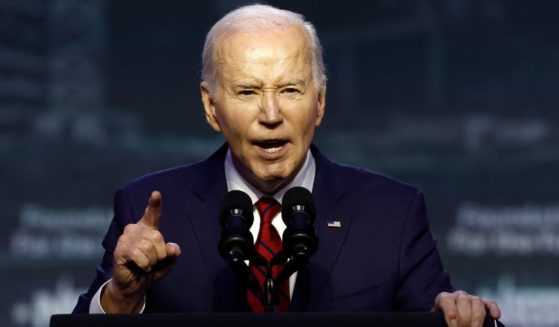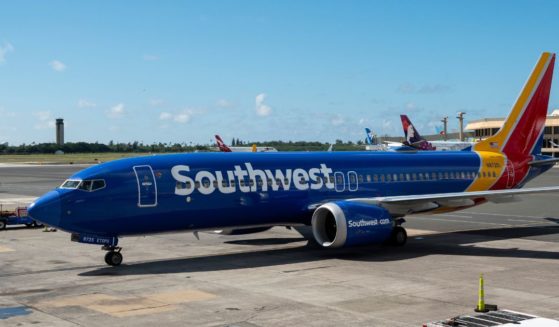German factory orders dropped sharply in February
BERLIN (AP) — A group of leading German economic research institutes slashed their growth forecast for the country on Thursday, warning that if Britain leaves the European Union without a deal, it could get even worse.
In a joint statement, the five institutes said they were reducing their autumn forecast of 1.9% growth for Europe’s largest economy downward to 0.8% after concluding “political risks have further clouded the global economic environment.”
The new assessment is in line with that issued last month by the German government’s panel of independent economic advisers, and lower than the government’s own 1% prediction.
The institutes, DIW, ifo, IfW, IWH and RWI, said they reached their conclusion March 29, “when it still seemed that a hard Brexit would be avoided.”
“This has now become less likely, but is still possible,” they said. “However, if a no-deal Brexit occurs, economic growth this year and the next is likely to be significantly lower than indicated in this forecast.”
More than the political risks, the report concluded the economic slump in the second half of 2018 was “primarily due to obstacles to production in industry.”
“The long-term upswing of the German economy has come to an end,” says Oliver Holtemoeller, vice president of the IWH institute.
Data released by the Federal Statistical Office on Thursday underlined those concerns, showing industrial orders dropped 4.2% in February, following a revised 2.1% drop in January from December, according to seasonally and calendar adjusted figures.
Domestic orders dropped 1.6% in February, while foreign orders fell 6%. Of the foreign orders, those from inside the eurozone dropped 2.9% and those outside dropped 7.9%.
ING economist Carsten Brzeski said it had seemed that a trend of decreasing orders had ended at the end of 2018, but the “sharp drop in new orders clearly undermines latest tentative signs of a rebound in global activity in the first quarter.”
“Maybe February was simply too early to feel the rebound — this is the positive reading,” Brzeski said in a research note. “The negative reading is that the German industry should prepare for more bad news.”
German companies have already identified another medium-term risk to their business: the cost of tackling climate change.
The head of Germany’s powerful industry lobby group BDI, Dieter Kempf, warned the government Thursday that tough targets for reducing emissions could hurt the economy.
Aiming for a 95% cut in greenhouse gases by 2050, as scientists and some lawmakers have demanded, was unrealistic, he said, adding that a reduction of 80% would be feasible.
Rising electricity prices have hit German manufacturing, while planned curbs on methane and carbon emissions are seen as a threat to its agriculture and flagship auto industries.
___
Frank Jordans contributed to this report.
The Western Journal has not reviewed this Associated Press story prior to publication. Therefore, it may contain editorial bias or may in some other way not meet our normal editorial standards. It is provided to our readers as a service from The Western Journal.
Truth and Accuracy
We are committed to truth and accuracy in all of our journalism. Read our editorial standards.












